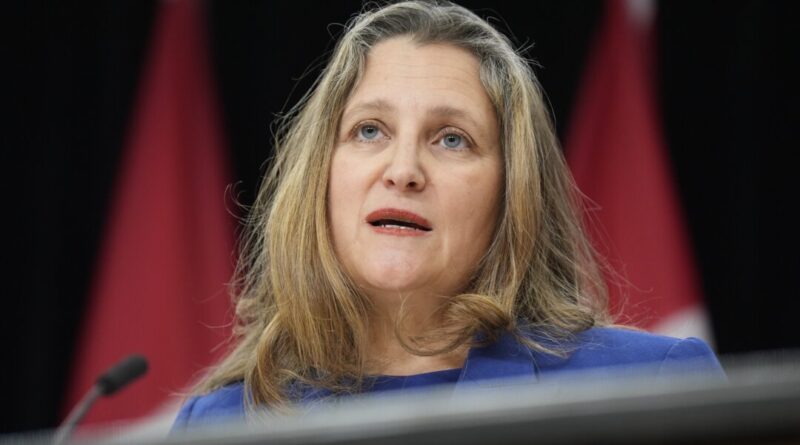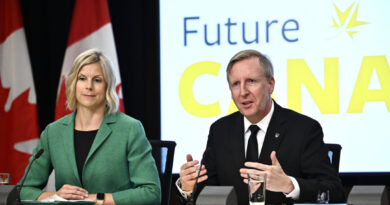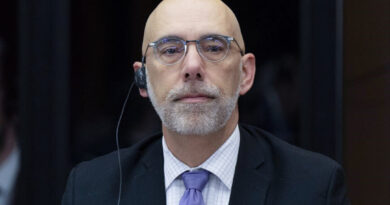Freeland’s Resignation Stands Out Among History of Finance Minister Departures
According to longtime observers of Canadian politics, the recent public condemnation of the prime minister’s policies by a departing finance minister is a unique level of acrimony in the country’s political history.
Political historian Raymond Blake described Chrystia Freeland’s exit from the finance portfolio as “unprecedented” due to her departure just before an economic update, accompanied by a sharp criticism of Liberal leader Justin Trudeau.
In her resignation letter released on Monday, Freeland emphasized the need to avoid costly political tactics and maintain fiscal responsibility, highlighting her disagreements with Trudeau on the best course for Canada’s future.
While disagreements between finance ministers and prime ministers are not uncommon in Canadian history, Blake pointed out that Freeland’s open dissension as she leaves office could potentially affect the government’s chances of re-election.
Comparisons were drawn to past instances like John Turner’s resignation in 1975 and Paul Martin’s departure in 2002, but experts noted that Freeland’s departure carries a unique weight due to its public nature and timing.
Overall, the sudden resignation of Freeland has shaken the credibility of the Liberal government and raised questions about its unity and leadership in facing upcoming challenges.
Analysts remark that the dramatic nature of Freeland’s exit, along with the circumstances surrounding it, has further complicated an already turbulent political landscape in Canada.



